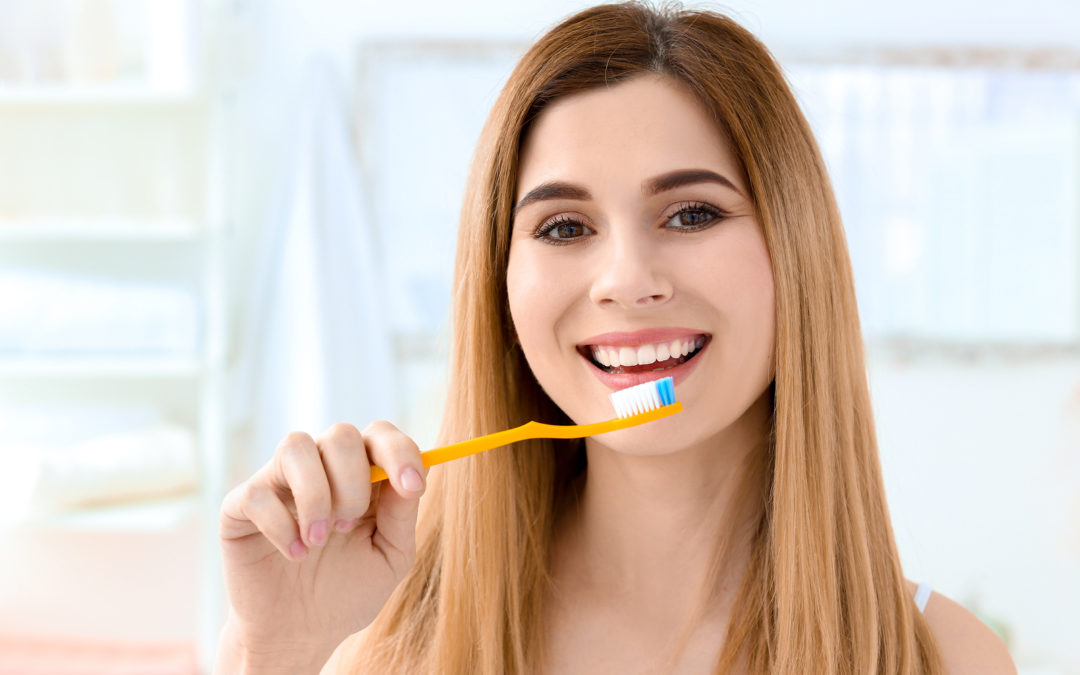 If you have temporomandibular joint dysfunction, then in addition to having frequent facial pain, you may have problems opening and closing your mouth. This can make it difficult to maintain proper daily oral hygiene at home or to undergo examinations at a dentist’s office.
If you have temporomandibular joint dysfunction, then in addition to having frequent facial pain, you may have problems opening and closing your mouth. This can make it difficult to maintain proper daily oral hygiene at home or to undergo examinations at a dentist’s office.
Here are some tips for caring for your teeth and gums when you have temporomandibular joint dysfunction.
Tip 1: How Can I Brush the Teeth Toward the Back Of My Mouth?
When you have problems opening your mouth, it is difficult to brush and floss your teeth, especially toward the back of your mouth.
First, it is important to relax rather than becoming anxious because it will lead to additional muscle tension in your face. When you wake-up, begin your morning by meditating to eliminate stress, and next, use your fingertips to massage your jaw joints.
Have a toothbrush with soft bristles so that you won’t irritate your gums or inner cheeks while brushing. Take your time brushing your teeth so that you don’t irritate your jaw’s joints.
Tip 2: What Is the Best Way To Floss My Teeth?
Using floss is essential for removing additional food particles and plaque to avoid having cavities, halitosis and gingivitis. However, when you have temporomandibular joint dysfunction, flossing is difficult.
When you are accustomed to using small plastic containers of floss, you should visit a drugstore to find other types of dental floss. There are dental floss wands that have long handles, making it easier to reach inside your mouth to remove the debris that is stuck between the back teeth.
Tip 3: Buy an Oral Irrigator To Keep Your Teeth Clean
If you have temporomandibular joint dysfunction, then you should buy an oral irrigator. This small device has a tank that you fill with water so that the water is emitted from the narrow wand. You don’t need to open your mouth completely to blast away any food particles or plaque.
When you are concerned about having enough fluoride treatments on your teeth while using an oral irrigator, you can use mouth rinses that contain fluoride.
Tip 4: Prepare For Dental Office Visits
You must continue to visit a dentist for checkups or for any emergency problems, but opening your mouth for an examination and treatment at a dental facility can lead to additional pain.
After visiting a dentist’s office, your jaw pain can increase because you had your mouth open for a longer amount of time.
It is vital to remind your dentist that you have jaw problems so that you have more time for your examination and teeth cleaning procedure. Your dentist may offer sedation during cleanings and examinations, helping your jaw muscles to relax.
Have ice packs or an electric heating pad at home to use on your face after visiting the dentist.
Contact AZ-TMJ Today
However, you don’t have to live with the pain of TMJ. There are option to significantly reduce pain and increase mobility of the jaw.
If you live in or near Scottsdale, Arizona, then call Dr. Farrell for a consultation at 480-945-3629 today!




